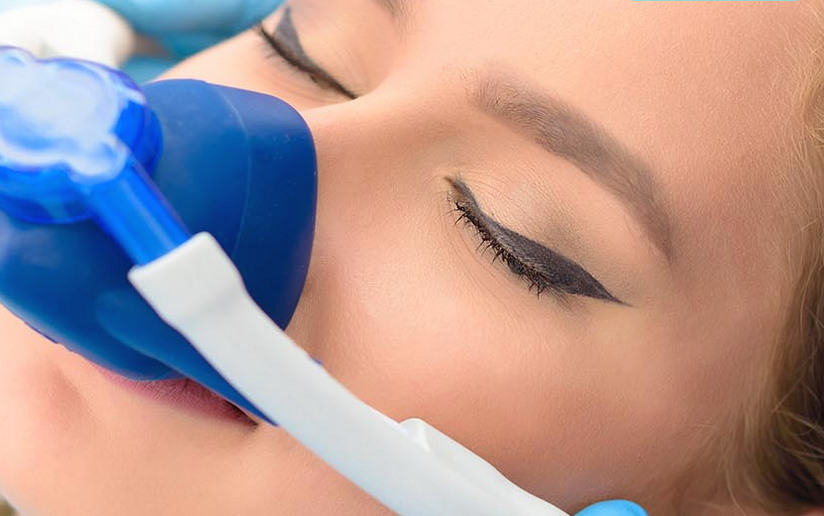Sedation Dentistry Guide

Are you someone who gets very anxious just thinking about having to sit in a dentist's chair? If so, then you will probably put off your regular checkup and delay having any dental procedures done as long as possible. However, doing that can be harmful to your overall and oral health, so it is a good idea to try to learn how to deal with your dental anxiety.
Being afraid of the dentist is sometimes caused by past bad experiences and pain. At other times, it isn't easy to explain what the specific cause of dentophobia is. Fortunately, several different methods can help you conquer your fears.
Using sedation during your dental procedure is one of these methods.
What is involved in sedation dentistry?
With sedation dentistry, the dentist uses different medications to help relieve anxiety and pain during a dental procedure. It is referred to by many people as sleep dentistry. However, that is not quite right since sleep dentistry is one form of sedation dentistry. In a majority of situations, you will be sedated, but relaxed and awake which makes a dental procedure a lot more bearable for the dentist and patient.
Sedatives are not the same thing as anesthetics
There is a widespread mistaken belief that they are two similar drugs. However, that is not true. Anesthetics and sedatives are two drugs that are very different. Sedatives are taken to help a patient relax, while anesthetics number your senses so that you don't feel any pain during a procedure.
If your dentist decides to use a general anesthetic, during the procedure you will be unconscious. Typically, when using sedatives, you will be awake and just in a more relaxed state.
Individuals who do not suffer from dental anxiety also can benefit from using sedation dentistry.
Although sedation dentistry helps with overcoming dental anxiety, individuals who are not scared when it is time to visit the dentist can benefit from it as well. Consider using sedation dentistry if you:
- Have a lot of dental work that needs to be done.
- Traumatic experiences in the past with dentists.
- Have sensitive teeth and gums.
- Have a hard time sitting still
- Suffer from back, neck, or jaw pain.
- Are unable to control your gag reflex.
- Your schedule is very busy.
Are you ready to learn how to overcome your dental anxiety and regain control over your oral health? If so, call a sedation dentist so you can explore the options that are available to you.
What can be expected from sedation dentistry?
Anesthesia and sedation can help during a painful procedure like implantation, extraction, or a root canal. Sedation can help you relax and you won't feel any pain. That will make it likely that procedures in the future will be less scary. However, if you are undergoing a painless treatment (X-ray, dental cleaning), it is not recommended to use anesthetics or heavy sedation.
If there is extremely high anxiety during a procedure, taking a diazepam or Valium pill one hour before the procedure may help. If your dentist knows about your anxiety, they can explain all of the steps involved in the procedure to you and carefully perform the procedure.
However, the biggest benefit that sedation provides is not simply a temporary relief from anxiety - but the better oral health and dental care that comes with it. This will help you be more comfortable about going to the dentist and not miss your future appointments.



